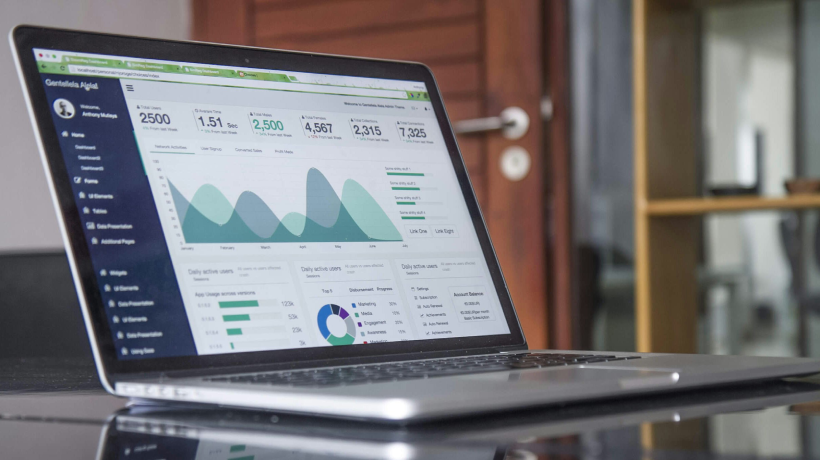
Artificial intelligence (AI) is revolutionizing several industries, including the legal sector. The potential of AI in the field of advocacy is constantly growing and is radically changing the way lawyers do their work, making it, in many cases, more efficient thanks to the automation of some processes. In particular, AI is entrusted with all the research work, synthesis, elaboration of presentations that are usually entrusted to figures such as paralegals or junior lawyers. Not to mention the possibility of artificial intelligence to generate contracts, agreements and legal documents. But then, how could the profession of lawyer change with development?
Over time, or rather since 2011 when AI made its entry into the judicial world, there have been numerous occasions when this technology has been a help rather than a substitute for lawyers.
Two studies, both conducted in 2023, photographed how AI is involved in the wire industry. According to research published by Princeton University of New York and Pennsylvania, the area covered in this article is the one most affected by occupational changes due to AI. While, according to the study conducted by economists Goldman Sachs 44% of legal work could be automated thanks to this technology and its derivatives. But on what aspects can it intervene?
AI is changing the way lawyers conduct legal research. Through natural language processing and machine learning, AI-based legal research software can quickly analyze and classify huge amounts of legal data. This allows lawyers to access precedents, laws, and legal documents more efficiently, allowing them to spend more time analyzing and processing essential information for their cases.
Another way that AI is changing the profession of lawyer is through predictive analytics. AI models can process case histories, consider variables and results to provide lawyers with an assessment of the probabilities and risks associated with certain legal strategies. This foresight ability helps lawyers make more informed decisions and develop more effective legal tactics.
In the field of contract law, AI is simplifying the contract review process. Lawyers can use AI tools to automatically analyze contracts, identifying critical clauses, weaknesses or potential issues. This feature saves time and reduces the risk of contract review errors.
For example, the law firm Allen&Overy has announced that it has closed an exclusive partnership with an AI tool, Harvey, that assists thousands of lawyers in law research, document writing and contract analysis.
While LexisNexis, a historical provider of data and analytics in the legal industry, announced that it has created a new generative AI platform integrated with the OpenAi technology on which Chat GPT is based and has allied with some of the largest law firms in the United States, including Baker McKenzie, Foley & Lardner and Reed Smith.
Also several companies, such as Microsoft and Ford Motor, as well as the best law firms, including DLA Piper and Kirkland & Ellis, have tested a tool created by Casetext called CoCounsel, also integrated with Chat GPT 4 can review documents, legal research notes, prepare depositions and analyze contracts in minutes.
AI is also changing the way lawyers interact with clients. Legal chatbots can provide instant answers to FAQs, offering 24/7 support. This improves the client experience and frees lawyers from trivial tasks, allowing them to focus on more complex and value-added issues.
Despite its many advantages, AI also presents ethical and data protection challenges. Lawyers should pay attention to the appropriate use of personal data and ensure that AI systems are free from bias and discrimination. Moreover, the issue of legal liability in the event of errors or damage caused by AI will require more reflection and regulation.
Artificial intelligence is transforming the legal sector and the legal profession. The automation of legal research, predictive analytics, automatic contract review, and chatbot customer support are just a few examples of the new opportunities AI offers. However, it is crucial to address ethical challenges and ensure data protection to maximize the benefits of AI in the legal field. Lawyers who use AI wisely can increase their productivity and offer better service to their clients, keeping up with the changing technology.
Source: Builtin
FOLLOW THEMETAECONOMIST ON INSTAGRAM
READ ALSO ---> Microsoft flies towards a new era with Copilot

Viola Meacci, student of Biomedical Engineering at the University of Pisa, has always been interested in the world of journalism. In her job, she explored the world of blockchain, cryptocurrencies, NFT and metaverse which she now very is passionate about it .





